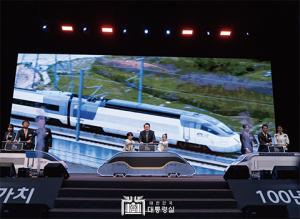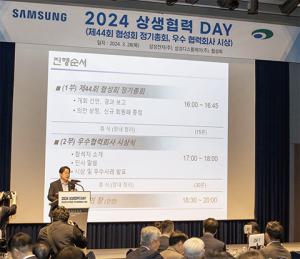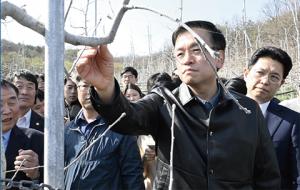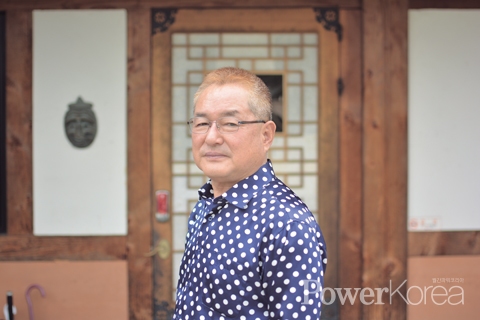 |
||
| ▲ Icheon Turtle Play Preservation Society / President Sim Duk-gu | ||
Right before the second wave of the virus spread this August, Jeonju City held K-Intangible Asset Festival to promote intangible Korean cultural assets. Danish futurologist Rolf Jensen emphasized values of intangible assets in the age where internet and service industries converge.
Many Korean cultural assets were destroyed and lost during the Japanese colonial rule. Naturally, many organizations public or private have endeavored to restore and Icheon Turtle Play Preservation Society is one of them.
Turtle play was practiced in southern part of Gyeonggi and some parts of Chungcheong. On Korean Thanks Giving Day August 15, villagers gather together, wear turtle masks, walked around door to door and wished good luck and shared food.
The play came to a halt after 50s but resumed by Daewol Elementary School principal Kim Jong-lin in 1972. It was named as Icheon Turtle Playing in 2001 with establishment of the society. It was designated as No.50 Intangible Cultural Asset of Gyeonggi Province in June 2010.
Folk plays are valuable as they have evolved with tradition, history, peculiarity and sustainability of a certain region of people. Turtle Play in this respect has values of sharing, cooperation and consolidation of villagers. Its unique ritual characteristics alongside play elements make it a highly valuable intangible cultural asset.
Westerners might see it as similar to opera: a farmer’s band raises the five color flags high to the sky while playing various instruments to liven up the mood; another group of villagers with masks on the face then lead the way door to door and wish longevity, the symbol of turtle, and good luck.
Whenever the corps arrive a door, people bring food of their keep. Whether rich or poor and young or old, they spend festive evening together.
“It is necessary for Icheon Turtle Play to be listed in the national intangible cultural asset as the members of the society strongly feel its priceless value as equal to ganggangsullae (circle dance), jultagi (tightrope walking), pansori (Korean solo opera), taekkyeon (martial art), arirang (most famous Korean folk song) and juldariki (tug of war). In fact, it is our goal to list it in the UNESCO world heritage” says Sim Duk-gu, president of the society.
The society and Icheon City are promoting the turtle play as a source of tourism while holding seminars regularly. The society’s secretary general Park Yeon-ha especially has been devoted to the play as he was born and bred in the city. Park runs his own theater Gonggan Darak where it is used as a cultural hideout for artists in the city including the society members.
Sim said “Icheon Turtle Play Reservation Society would not have been what it is today without the devotion of Park as well as mayor Eom Tae-joon and all those who show great interest and support. We will keep working hard until we list the play both in national and UNESCO world heritages.”
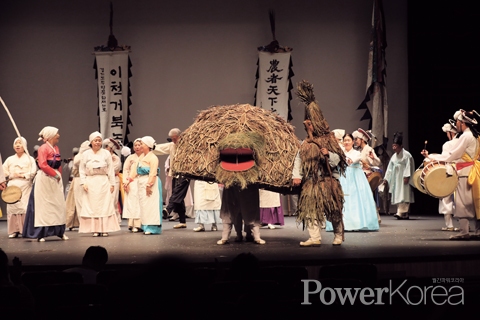 |
신태섭 기자 tss79@naver.com

